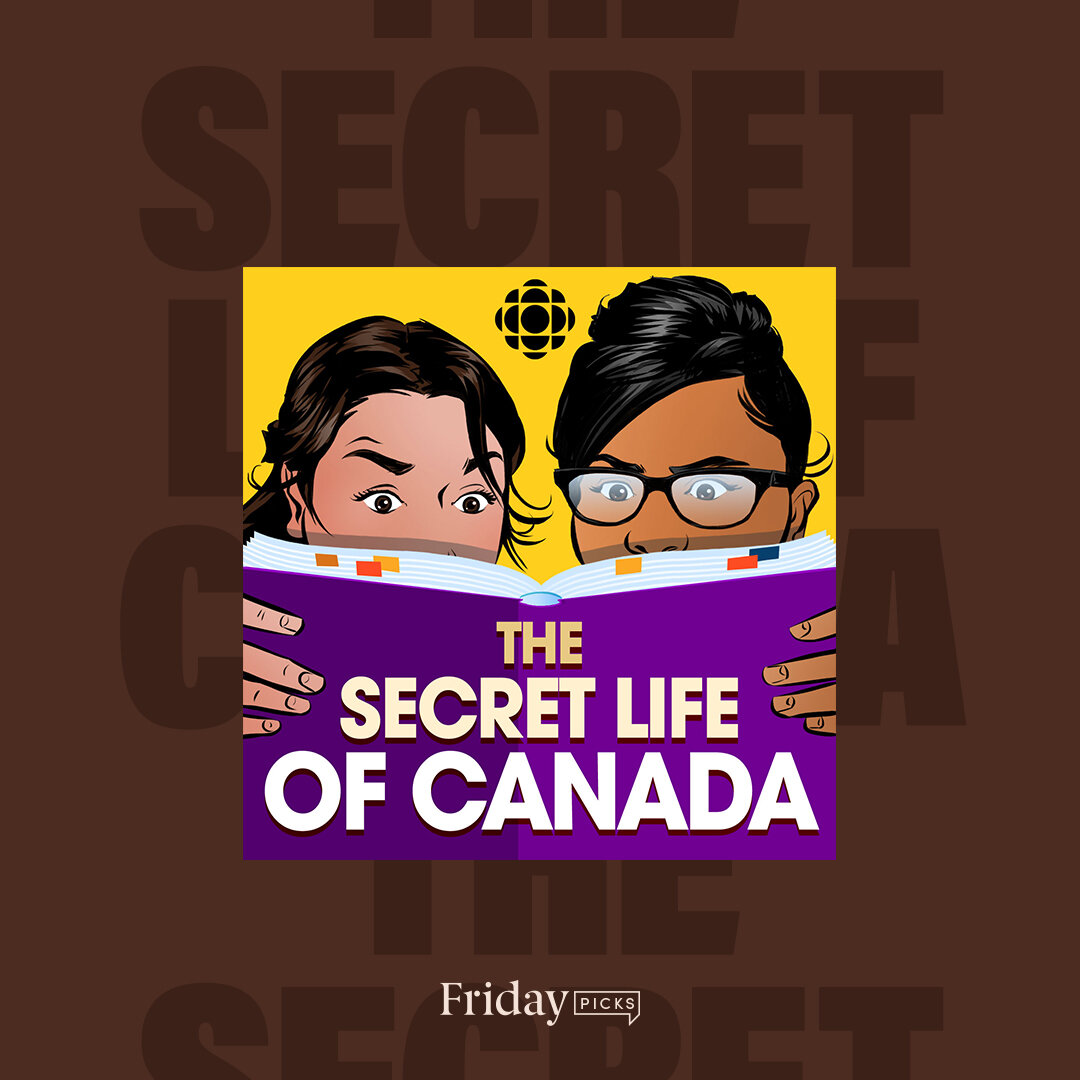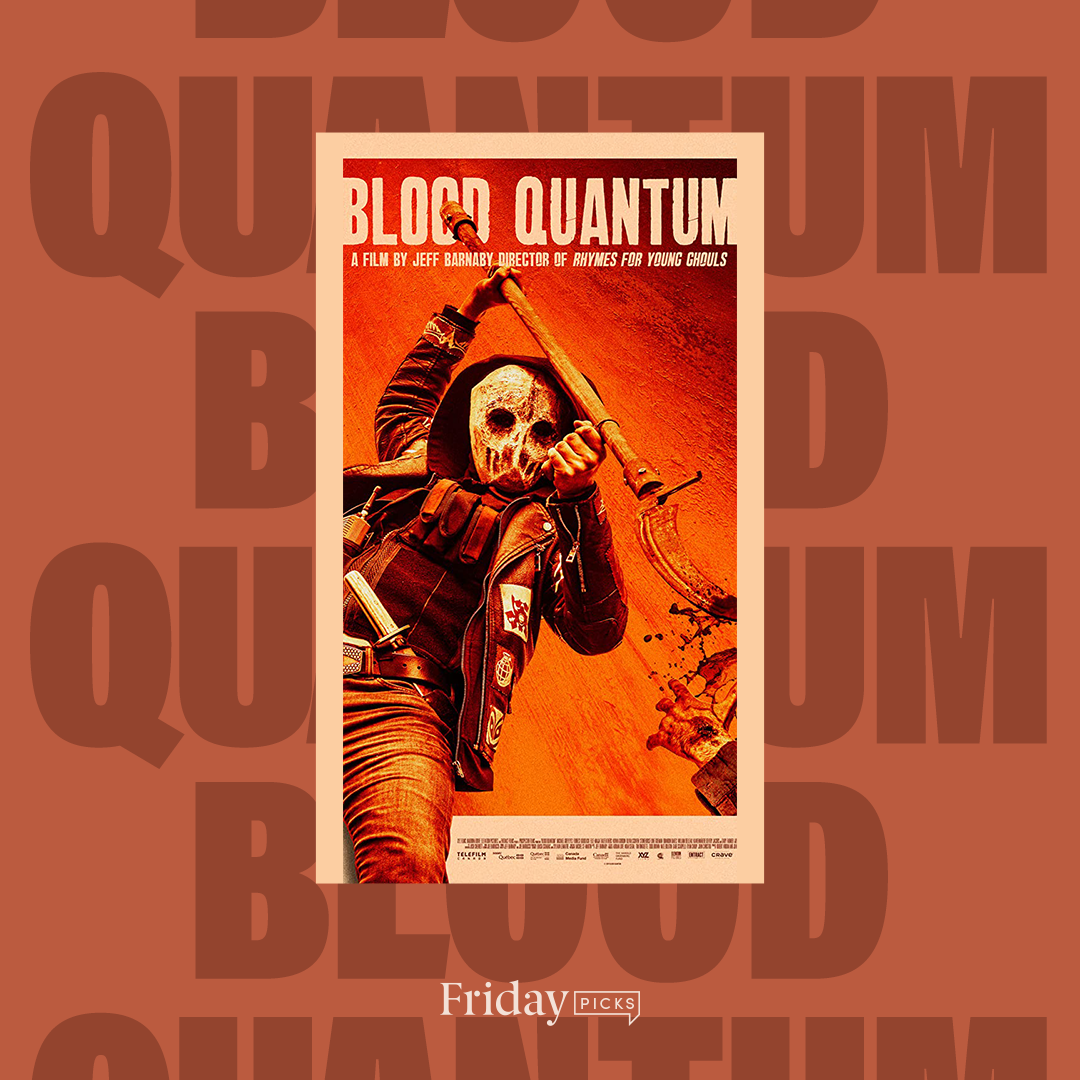Friday Picks
Gutter Child by Jael Richardson
Set in an imagined world in which the most vulnerable are forced to buy their freedom by working off their debt to society, Gutter Child uncovers a nation divided into the privileged Mainland and the policed Gutter. In this world, Elimina Dubois is one of only 100 babies taken from the Gutter and raised in the land of opportunity as part of a social experiment led by the Mainland government.
But when her Mainland mother dies, Elimina finds herself all alone, a teenager forced into an unfamiliar life of servitude, unsure of who she is and where she belongs. Elimina is sent to an academy with new rules and expectations where she befriends Gutter children who are making their own way through the Gutter System in whatever ways they know how. When Elimina’s life takes another unexpected turn, she will discover that what she needs more than anything may not be the freedom she longs for after all.
Why we chose it:
Gutter Child is, at its core, a story about the Black experience. The unignorable parallels drawn between Elimina’s world and the society we currently live in means there’s a lot to unpack: A history of violence, racism, colonialism, class division and countless injustices. Through Elimina’s story, we see what it’s like to grow up as an outsider—not just within a particular community, but within a system that’s designed to make you fail. Gutter Child is already getting lots of buzz in the literary community and is sure to open up a lot of important discussions in classrooms and beyond.
1. When creating the context of Elimina’s world, Richardson pulled from her research into her father’s childhood, spent in the United States during the Civil Right era. What other connections can you draw from the novel to real-life events?
2. How does the Mainland government’s decision to choose only 100 “Gutter children” to be rehomed force us to rethink how opportunity and economic mobility operates for marginalized people?
3. Gutter is defined as the “lowest or most vulgar level or condition of human life.” What do you think was the impact of this word choice?
4. The Livingstone Academy is described as a “residential school.” In what ways does this institution resemble the residential schools Indigenous children in Canada were forced to attend?
5. When Elimina first arrives at Livingstone Academy, Miss Femia attempts to assure her that happiness can be found there. But Elimina believes “happiness isn’t something a kid like me can afford to hold out for.” What does this say about how limited resources can shape the way children view themselves in the world? How does your own perspective compare?
6. What does “freedom” mean to you?
About the Author:
Jael Richardson is an award-winning Brampton-based playwright, CBC columnist and author. Her debut memoir, The Stone Thrower: A Daughter’s Lesson, a Father’s Life, is based on her family history. In 2016, the memoir was adapted into children’s book, The Stone Thrower, and shortlisted for a Canadian Picture Book Award. In addition to her writing, Richardson is the founder and Executive Director for the Festival of Literary Diversity(FOLD), an organization that hosts various events amplifying underrepresented voices.
Want to learn more about segregation and the widening wealth gap? Here are some articles, books, YouTube videos and shows that we recommend.
In partnership with Vox Media Studios and Vox, this enlightening explainer series will take viewers deep inside a wide range of culturally relevant topics, questions, and ideas. Each episode will explore current events and social trends pulled from the zeitgeist, touching topics across politics, science, history and pop culture, featuring interviews with some of the most authoritative experts in their respective fields. In this episode, Cory Booker and others discuss how slavery, housing discrimination and centuries of inequality have compounded to create a racial wealth gap.
How America’s Ugly History of Segregation Changed the Meaning of the Word “Ghetto”
“Today, for many Americans, the word “ghetto” conjures images of run-down and crime-ridden African American segregated areas—‘inner cities,’ in a common euphemism. This connotation is relatively recent; it has only become mainstream in the past 70 years or so. Beforehand, the term was primarily associated with Jewish urban quarters, and its changing meaning illustrates the troubling tenacity of such an idea,” Daniel B. Schwarts writes for the Times.
Starring Reese Witherspoon and Kerry Washington, Little Fires Everywhere follows the intertwined fates of the picture-perfect Richardson family and an enigmatic mother and daughter who upend their lives. Based on Celeste Ng’s 2017 bestseller, the story explores the weight of secrets, the nature of art and identity, the ferocious pull of motherhood—and the danger in believing that following the rules can avert disaster.
A History of Residential Schools in Canada
FAQs on residential schools, compensation and the Truth and Reconciliation Commission
When The Welfare People Come: Race and Class in the US Child Protection System
In this sweeping look at the history and politics of the US child welfare system, When the Welfare People Come exposes the system—from the “orphan trains” and Indian boarding schools to current practices in child protective investigations, foster care, and mandated services—arguing that it constitutes a mechanism of control exerted over poor and working-class parents and children. Don Lash reveals the system’s role in the regulation of family life under capitalism and details the deep and continuing consequences of what happens “when the welfare people come.” Including first-person vignettes of parents, children, and workers in the US child protection system, Lash also offers practical and cogent ideas for its improvement and transformation.
This isn’t a space to explore guilt around our particular privileges. This is a space to speak productively and listen.
Be conscious of your language.
Before you ask someone to explain something ask yourself, can I Google this?
We want to make room for everyone to be heard. We know we’re all keen, but please make sure to share the mic
Where to buy:
We recommend purchasing from a local business when possible.






